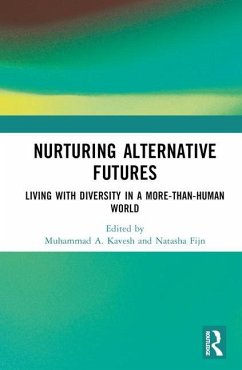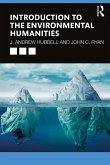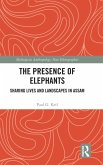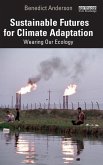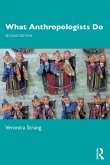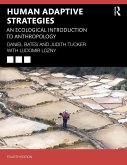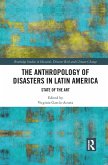Developing upon emerging environmental humanities and multispecies anthropological theories, this book provides a fresh perspective on how we might rethink more-than-human relationality and why it is important to "nurture alternative futures." The diverse chapters examine the life trajectories of people, animals, plants, and microbes, their lived experiences and constituted relationality, offering new ways to reinterpret and reimagine a multi-species future in the current era of planetary crisis. The ethnographic case studies from around the world feature a combination of biological and cultural diversity with analyses that prioritize local and Indigenous modes of thinking. While engaging with Mongolian herders, Indigenous Yucatec Mayan, Congolese farmers, rural Pakistani donkey keepers, Australian heritage breed farmers, Croatian cheesemakers, Japanese oyster aquafarmers, Texan corn growers, Californian cannabis producers, or Hindu devotees to the Ganges River, the chapters offer a grounded anthropological understanding of imagining a future in relationality with other beings. The stories, lived experiences, and mutual worlding that this volume presents offer a portrayal of alternative forms of multispecies coexistence, rather than an anthropocentric future.
"Nurturing Alternative Futures engages in uniquely creative and critical ways with the situatedness and interconnectedness of more-than-human entanglements in an age of planetary unravelling. Centring the dynamics of proximity and distance in the (un)making of biocultural lifeworlds, its richly textured and varied contributions offer urgent avenues for nourishing alternative futures, anchored in an atmosphere of multispecies care, concern, and justice." - Sophie Chao, author of In the Shadow of the Palms (2022)
"This critical and imaginative collection invites us to embrace futures that are teeming with probiotic viruses, Indigenous companion species, donkeys, peccaries, microbial cultures, aquatic multispecies assemblages, and forested ecotones. As market forces destroy cherished lifeways, this collection invites us to make worlds with new generative stories." - Eben Kirksey, author of Emergent Ecologies (2015)
"This critical and imaginative collection invites us to embrace futures that are teeming with probiotic viruses, Indigenous companion species, donkeys, peccaries, microbial cultures, aquatic multispecies assemblages, and forested ecotones. As market forces destroy cherished lifeways, this collection invites us to make worlds with new generative stories." - Eben Kirksey, author of Emergent Ecologies (2015)

